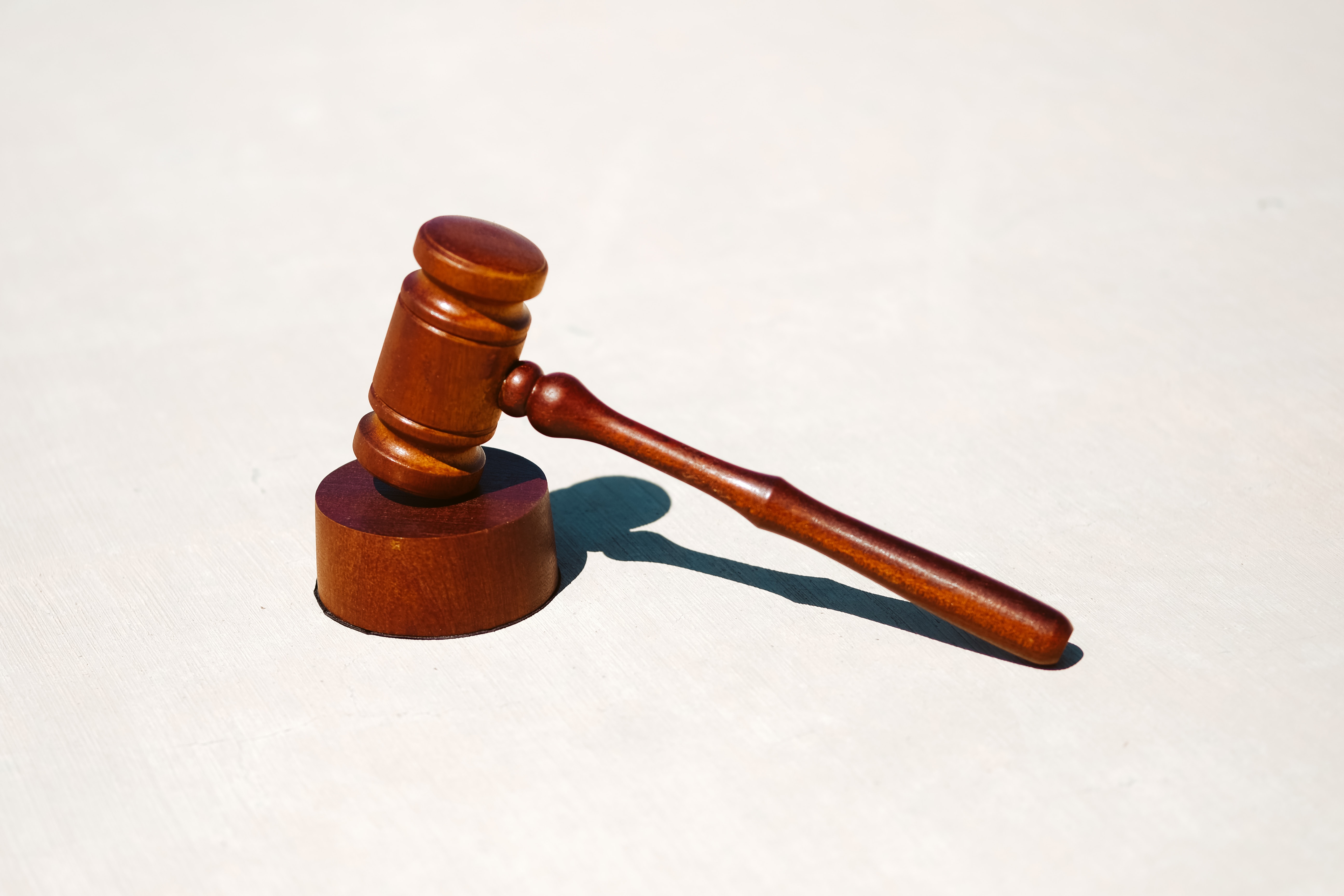
What is a Non-Payment Proceeding?
January 1, 2020
What is Small Claims Court and how can I use it?
January 1, 2020What can I do if my landlord has been verbally and/or physically abusive toward me or my family and is not responding to my request to stop that behavior?
You can obtain an Order of Protection. New York State laws allow you to break your lease if you have an Order of Protection. This law may make it easier for you to move if you are worried about your safety. If you take the proper steps, this prevents your landlord from going after you for the rest of the rent once you move out. Ask your landlord for permission to break your lease in advance of the date you intend to leave. If your landlord will not give consent, you must go to the court that issued your Order of Protection. It can issue an order to break the lease if your rent is paid up. If you do not want to break the lease and would like to continue living in the same residence, your landlord cannot retaliate against you. There are also judicial processes that will allow you to enforce the Order of Protection if your landlord is violating its terms.
What is an order of protection?
An order of protection is a paper from a judge that limits contact between two people. Orders of protection are commonly used to keep people safe in domestic violence cases, but judges issue orders of protection in other situations as well. Family Courts, criminal courts, and Supreme Courts can all issue orders of protection.
To get an order of protection against your landlord you may have to pursue criminal charges against your landlord first.
For information on how to file an order of protection, please visit this page on NYCourtHelp.
Can harassment be considered an illegal eviction?
It may be. If your landlord is engaging in threatening behavior or behavior intended to interfere with your quiet enjoyment of the property to try to get you to leave your home, your landlord’s harassing behavior may be considered an illegal eviction and may be the basis for criminal and civil penalties against your landlord.
You should refer to our “Illegal Evictions in Suffolk County and How to Stop Them” for more information.



